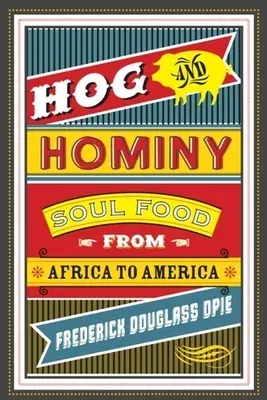Frederick Opie
(Author)Hog and Hominy: Soul Food from Africa to AmericaPaperback, 9 June 2010

Qty
1
Turbo
Ships in 2 - 3 days
In Stock
Free Delivery
Cash on Delivery
15 Days
Free Returns
Secure Checkout

Part of Series
Arts and Traditions of the Table: Perspectives on Culinary H
Part of Series
Arts and Traditions of the Table: Perspectives on Culinary History
Print Length
256 pages
Language
English
Publisher
Columbia University Press
Date Published
9 Jun 2010
ISBN-10
0231146396
ISBN-13
9780231146395
Description
Product Details
Author:
Book Format:
Paperback
Country of Origin:
US
Date Published:
9 June 2010
Dimensions:
21.84 x
14.48 x
1.52 cm
ISBN-10:
0231146396
ISBN-13:
9780231146395
Language:
English
Location:
New York
Pages:
256
Publisher:
Series:
Weight:
340.19 gm